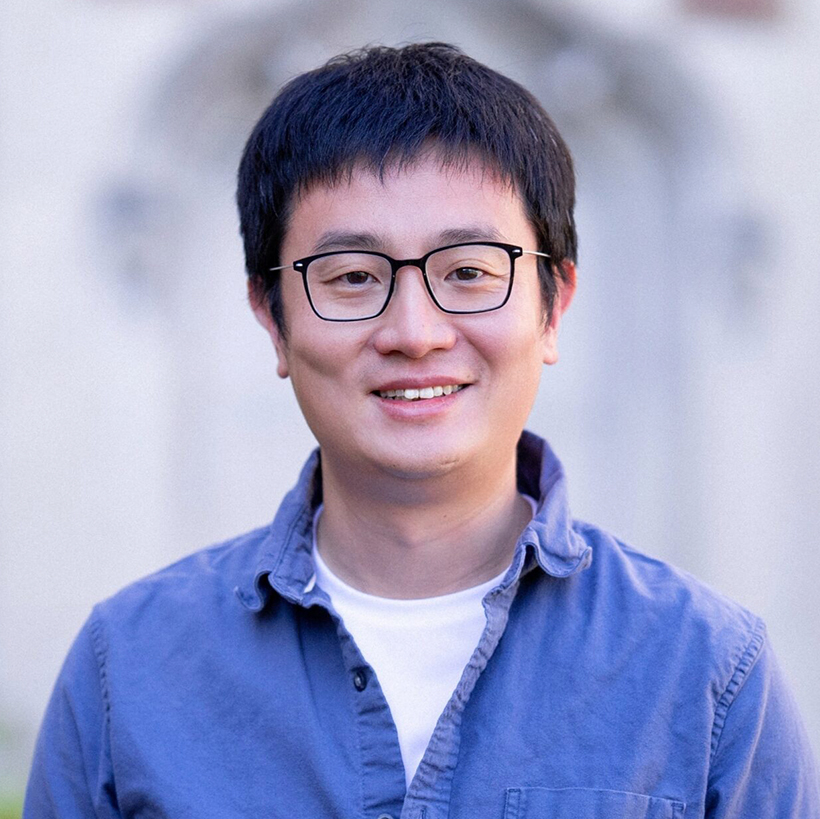Research Focus
There has been considerable development in understanding food globalization in the Bronze Age when dispersals of crops and domesticated animals linked people from far-flung locations in a series of connections that spanned the Eurasian landmass 7000-3000 years ago. Liu’s lab is one of the leading groups globally contributing to this recent momentum. We continue to document the domestication and globalization of plants and animals using archaeological records and are asking new questions. One such question is the relationship between non-native crops and indigenous environments and farming practices. Was the movement of new plants and animals accompanied by the knowledge of how to best use them? How did they adapt to the local environments physically and culturally?
Skills, Techniques, Methods
Students will learn to operate in an archaeological research lab, including lab work, data analysis and interpretation. In particular, students will be involved in the Food Globalization research to study archaeological plant remains: a) to identify the taxonomy of archaeologically uncovered macrofossils and b) to conduct isotopic research to understand past environments and conditions of ancient farming systems.
Research Conditions
The main activities during the summer research will be on-campus lab work, literature-based research, data analysis, and regulated group meetings. There might be opportunities for field involvement depending on projects and research developments.
Team Structure and Opportunities
Summer research students will be welcomed as members of LAEF lab and involved in daily research activities and social events. Students will meet with Dr. Liu and other group members and/or attend small group meetings if appropriate. They will be paired with a graduate student for additional mentorship. The summer project is designed to equip students with knowledge and skills in scientific archaeology with transdisciplinary approaches ranging a broad spectrum from humanity to science. They will also gain deeper insights into a particular project and have the opportunity to be involved in the full process of scientific investigation, from lab work to data publication. This experience aims to broaden student’s horizons and foster an aspiration to pursue future academic paths in archaeological science or other fields.
